Some dogs aren’t just cute—they’re also surprisingly picky when it comes to food. Breeds like Yorkshire Terriers, Maltese, Poodles, and Greyhounds are known for being choosy eaters who might snub kibble one day and beg for fresh chicken the next. This finicky behavior can stem from sensitivity to certain textures, flavors, or even how food is served. It’s important to rule out medical issues first, then explore healthy, vet-approved options that suit their taste. With a mix of patience, creativity, and nutritional know-how, you can turn even the fussiest dog into a happy, well-fed companion.
Yorkshire Terrier: The Petite Food Critic
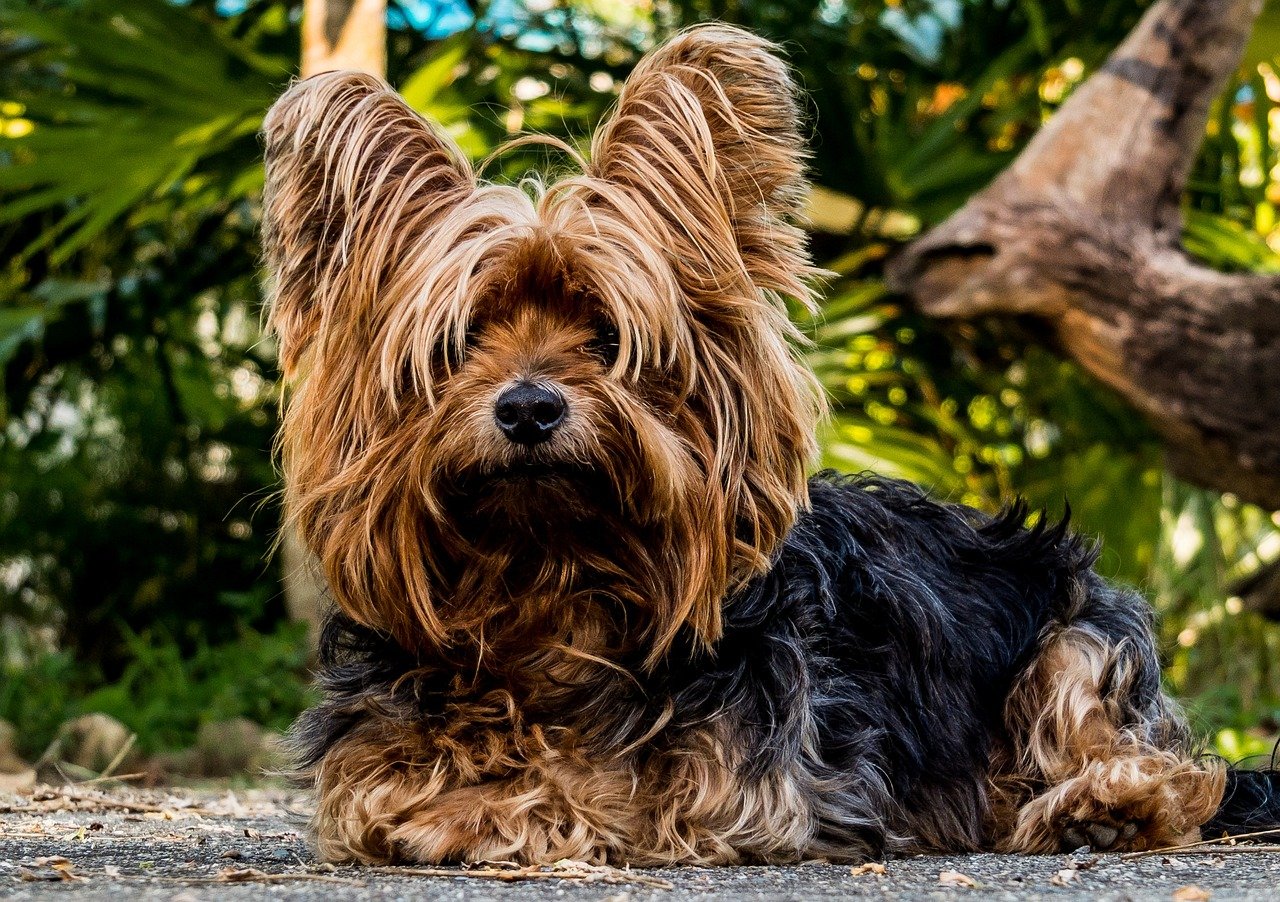
Yorkshire Terriers may be tiny, but their taste buds have big opinions. Many Yorkie owners find themselves constantly switching up kibble brands or adding tempting toppers just to keep their little diva interested. Yorkies often develop preferences for certain flavors or even specific textures, turning their noses up at anything that doesn’t meet their standards. Sometimes, a Yorkie will hold out for freshly cooked chicken or a sprinkle of cheese, making every mealtime a guessing game. Their sensitive stomachs and small mouths also mean some foods are simply uncomfortable or unappealing for them. If you’ve ever felt like a short-order chef for your Yorkie, you’re in good company.
Maltese: The Delicate Diner

The Maltese is a breed that embodies elegance—and that extends right down to their eating habits. Many Maltese are notorious for picking at their food, often requiring their meals to be just the right temperature and consistency. These little white fluffballs can be so choosy that owners might resort to hand-feeding just to get them to eat. Their small size and tendency toward dental issues means certain types of kibble or treats simply won’t do. Some Maltese even develop a preference for home-cooked meals, turning up their nose at commercial dog foods entirely. If you spoil your Maltese, don’t worry—you’re not alone!
Chihuahua: The Tiny Taste Tester
Despite their bold personalities, Chihuahuas are often quite particular about what goes into their mouths. Some Chihuahuas will refuse to eat if their food isn’t fresh, or if it’s been sitting out a little too long. Their owners often discover that these pint-sized pups prefer a certain brand or flavor and won’t touch anything else. Because of their small size, even minor changes in the taste or smell of their food can make a big difference. Chihuahuas are also known for “grazing,” picking at their food throughout the day rather than eating all at once. It’s almost like they’re keeping you on your toes, just to remind you who’s boss!
Poodle: The Discerning Gourmet
Poodles, whether they’re Toy, Miniature, or Standard, are known for their intelligence—and apparently, their discerning palates. Many Poodles can be almost snobbish about their food, requiring a rotation of flavors or special additions like fresh vegetables or a drizzle of broth. Some Poodles will sniff and analyze their food before deciding if it’s worthy of their attention. Owners often find themselves experimenting with different recipes and techniques, sometimes ending up with more gourmet meals for their poodle than for themselves! Their sensitive digestion can also make them wary of certain ingredients, further narrowing their culinary options.
Shih Tzu: The Royal Refuser

Shih Tzus have a reputation for acting like royalty, and their approach to food is no exception. These little dogs often develop strong likes and dislikes, sometimes refusing to eat for hours if their meal isn’t just right. Shih Tzus can be especially picky about texture—some prefer soft foods, while others like a bit of crunch. Their adorable faces can make it impossible to resist their demands for special treatment, leading many owners to cook homemade meals or add enticing toppers. The Shih Tzu’s regal demeanor means they expect nothing less than the best on their plate!
Pekingese: The Imperial Chooser
With their proud and independent personalities, Pekingese are well-known for being choosy eaters. They often seem to approach meals with a sense of ceremony, carefully inspecting every bite before deciding if it meets their standards. Pekingese may refuse food that’s too cold, too hard, or simply not to their liking. Their flat faces can also make eating certain shapes or sizes of kibble a challenge. Some owners find that their Pekingese will only eat if hand-fed, making each meal a royal affair. Their pickiness is legendary among toy breed enthusiasts.
Afghan Hound: The Elegant Epicurean
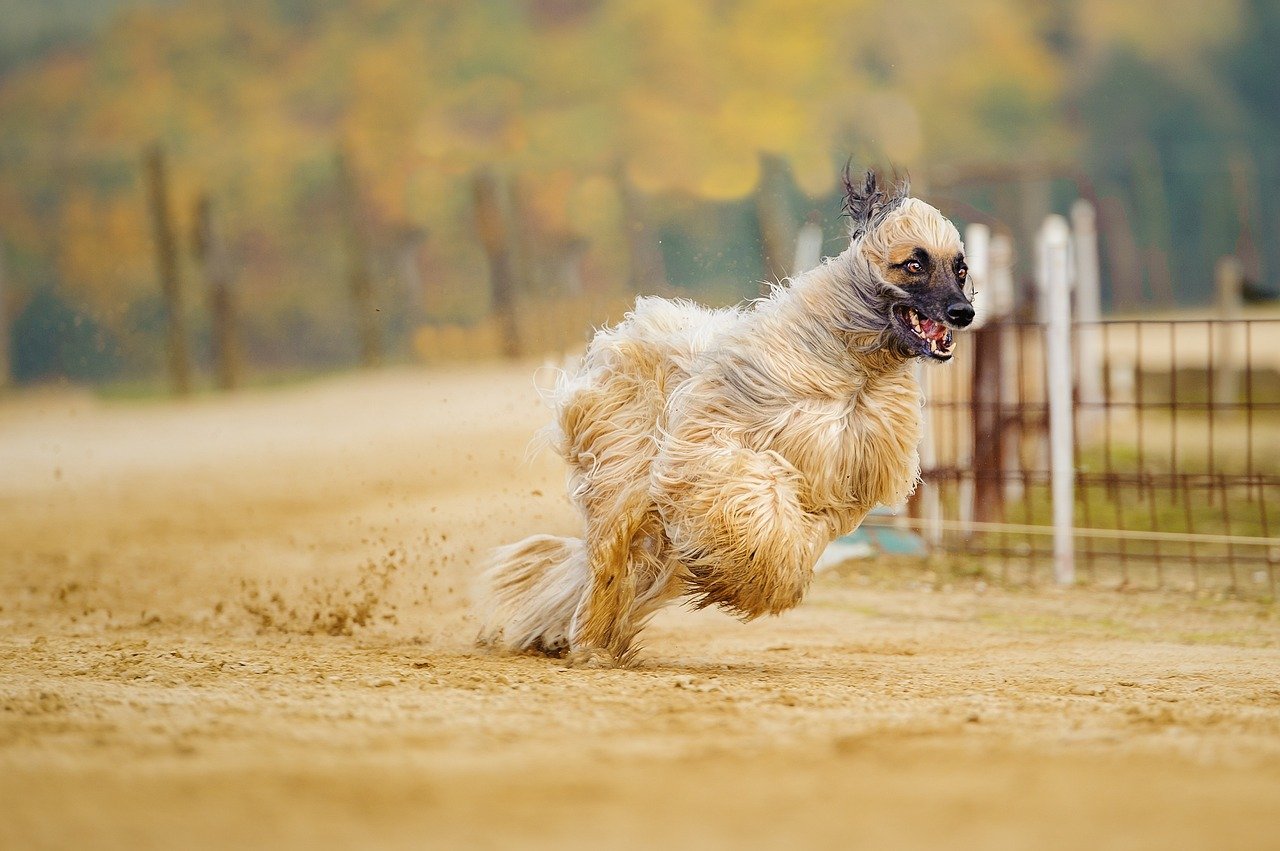
Afghan Hounds are the supermodels of the dog world, and it’s no surprise that they can be just as particular about their food as a runway model is about their wardrobe. Their long, elegant noses seem to detect every subtle flavor and aroma. Afghan Hounds are often uninterested in bland or repetitive meals, requiring a bit of creativity to keep them satisfied. Owners sometimes joke that their Afghan is more interested in sniffing than actually eating. Their slender build also means they can afford to skip a meal or two, making their picky eating habits even more pronounced.
Dachshund: The Stubborn Sampler

Dachshunds are famous for their stubborn streak, and this extends to their eating habits. Many “Doxies” will refuse to eat something new, sticking to their tried-and-true favorites. They might sniff suspiciously at unfamiliar food before decisively turning away. Some Dachshunds will even hold out for treats, ignoring their regular food until you cave in. Their long bodies and small stomachs make them prone to digestive sensitivities, so they’re often cautious about trying new things. Owners often find themselves negotiating at each meal, like diplomats at a high-stakes peace talk.
French Bulldog: The Moody Muncher
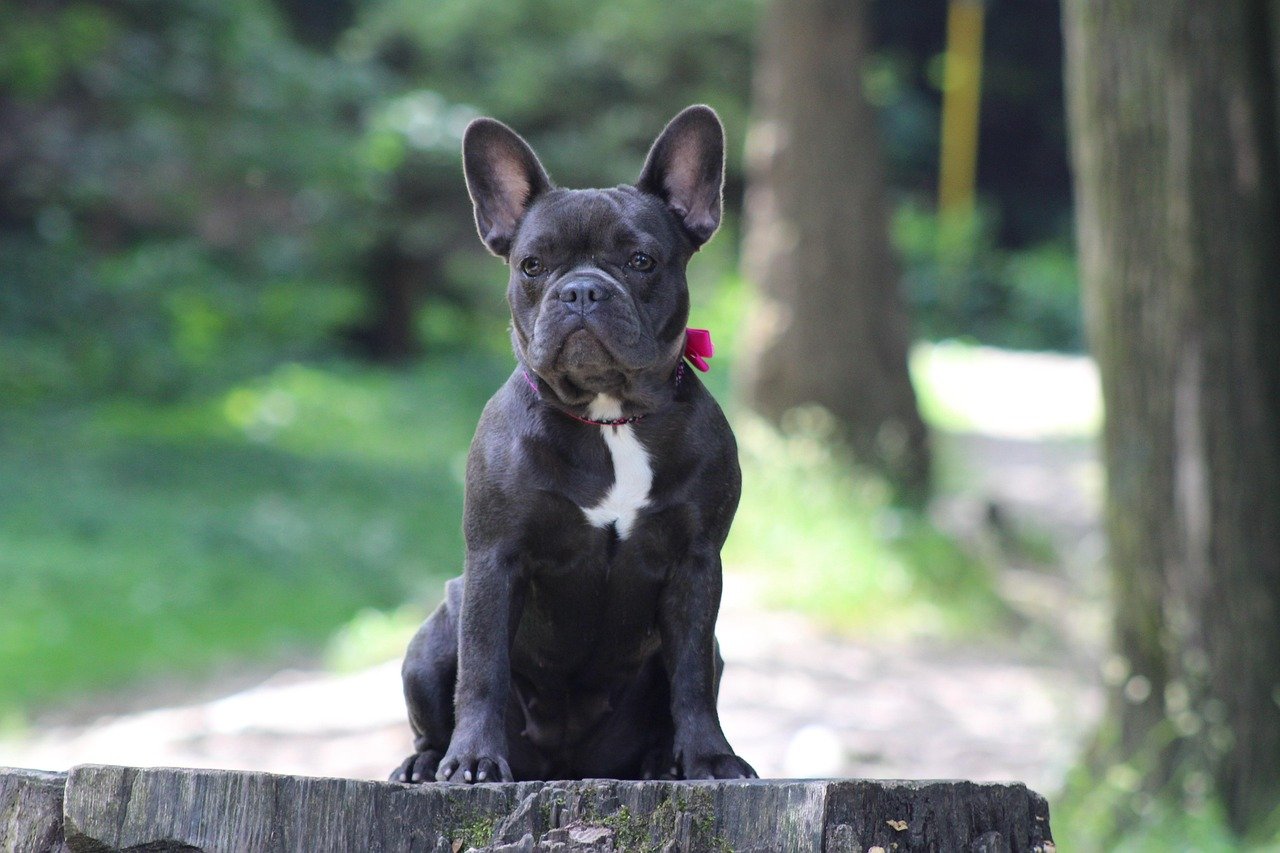
French Bulldogs are lovable clowns, but when it comes to meals, they can be surprisingly fussy. Some Frenchies are known to reject food if it’s not the right temperature or if it lacks that “something special.” Their sensitive stomachs and tendency toward food allergies make mealtime even trickier. Owners often experiment with different proteins or limited-ingredient diets to find the perfect match. French Bulldogs may also get bored with the same food quickly, prompting you to keep things interesting. A happy Frenchie at mealtime can feel like a major victory!
West Highland White Terrier: The White Whimsy
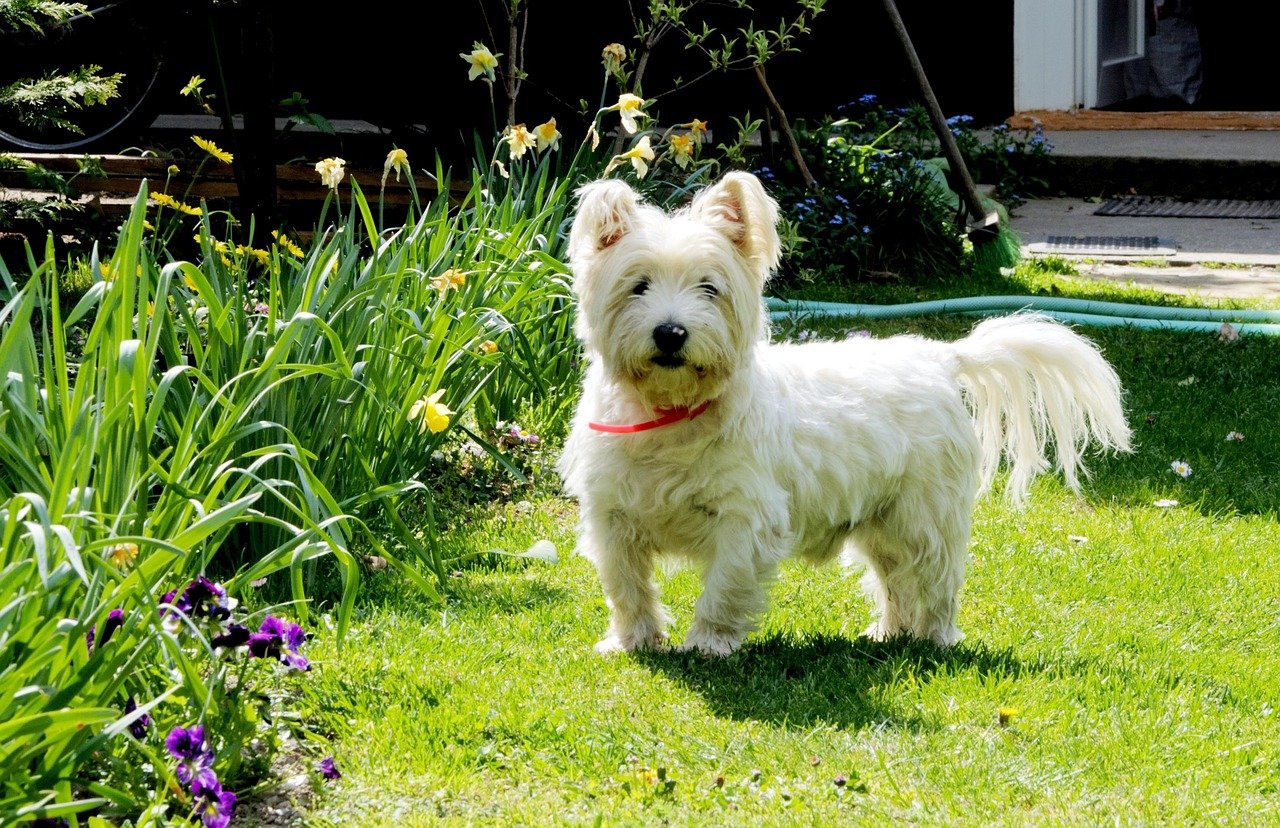
Westies are bold, spirited, and full of personality—but many are also notorious for turning their nose up at food that doesn’t meet their standards. Westies often develop strong preferences for certain flavors or brands, and they’re not afraid to go on a hunger strike if their favorite is out of stock. Texture and freshness matter a lot to this breed, and they may refuse anything that seems stale or unappetizing. Some Westie owners find themselves preparing special meals, hoping to coax their furry friend into eating. At the end of the day, your Westie knows exactly what they want—and they’ll wait until they get it.
Greyhound: The Reserved Refuser
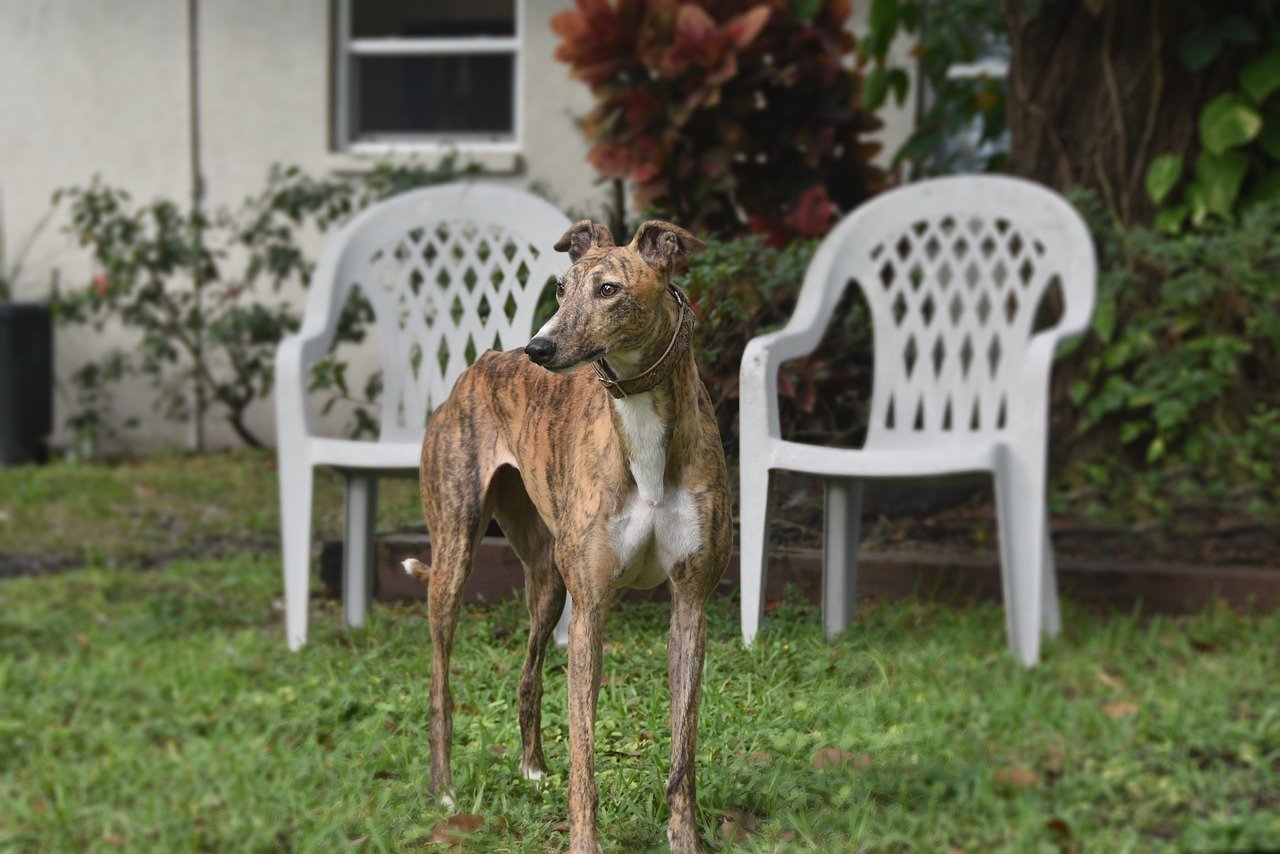
Greyhounds are gentle souls, and their eating habits often reflect their sensitive nature. Some Greyhounds will skip meals altogether if they’re feeling anxious or if their food isn’t just right. They often prefer bland or simple foods, and strong odors or flavors can put them off. Greyhounds are also prone to stomach upsets, making them cautious eaters. Owners may need to experiment with different diets and feeding routines to find what works best. A Greyhound’s picky eating can sometimes be a sign of stress, so a calm environment is key at mealtime.
Cavalier King Charles Spaniel: The Posh Picky Eater
Cavaliers are affectionate and gentle, but their sweet faces hide a surprisingly picky palate. Many Cavaliers will ignore food that’s not fresh or flavorful, often waiting for something better to come along. Some owners resort to adding chicken, broth, or even a little bit of cheese to entice their Cavalier to eat. Their sensitive digestive systems mean certain ingredients are off-limits, further limiting their options. Cavaliers tend to be very people-oriented, so they may prefer to eat only when their favorite human is nearby. Mealtime with a Cavalier often feels more like a negotiation than a routine!
Papillon: The Butterfly Gourmet
Papillons may be small, but their culinary standards are sky-high. These spirited little dogs often develop strong likes and dislikes, sometimes rejecting food for reasons that are a mystery to everyone but them. Papillons are known for their energy, but if their food isn’t appealing, they’ll skip a meal without a second thought. Owners often try different proteins, textures, and even serving dishes to keep their Papillon interested. Their delicate frames and active minds mean they’re always on the lookout for something exciting—and that includes what’s in their food bowl.
Pomeranian: The Fluffy Food Snob
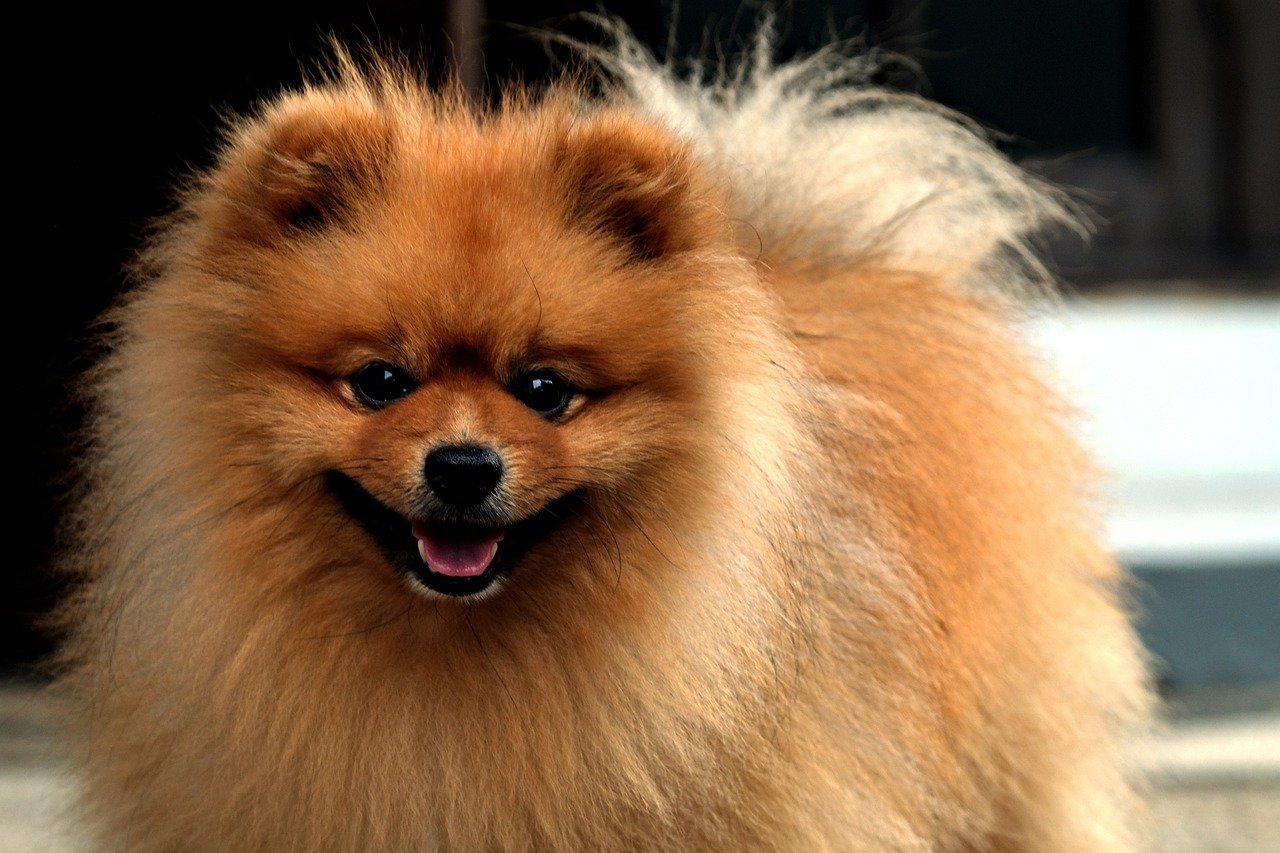
Pomeranians are fluffy bundles of excitement—with a dash of stubbornness when it comes to eating. Many Poms will only eat if the food is the perfect size and shape, and they’re quick to turn up their nose at anything less than fresh. Some Pomeranians become fixated on one type of food or treat, making it nearly impossible to switch their diet. Their small mouths and tendency toward dental issues add another layer of complexity. Owners often find themselves catering to their Pom’s every whim, just to see that happy tail wag at mealtime.
Feeding a picky pup can feel like a challenge, but it’s all about understanding what works best for them. Whether it’s adjusting textures, adding variety, or offering a bit of encouragement, even choosy eaters can enjoy mealtime again. Each dog has their own preferences, and that’s okay! With a little trial and error—and plenty of patience—you’ll find a routine that keeps your furry food critic happy and healthy. That’s the fascinating world of picky canine taste testers—did any of these breeds surprise you?

Esther is from India; the heartbeat of South Asia, holding a Master’s degree in Zoology and a postgraduate diploma in Animal Welfare. Her enthusiasm for animal welfare drives her passion and dedication to working for animals, ensuring their well-being, and advocating for their rights. With a solid academic background and hands-on experience, she is committed to making a positive impact in the field of animal welfare. In her free time, she enjoys embroidery and sewing. As a Chennaite from Tamil Nadu, Esther loves Bharathanatyam, an Indian classical dance form.





